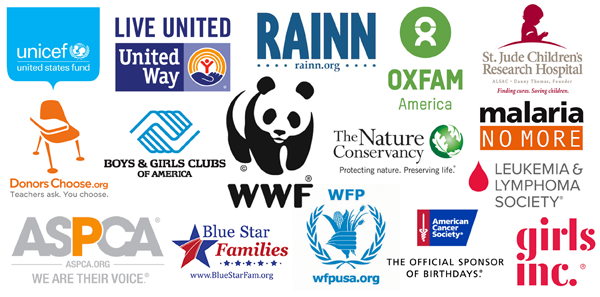Home
About Us
National Institutes of Health: Expanding the Encyclopedia of DNA Elements in Human and Model Organisms
by: Iola BonggayThe National Institutes of Health, otherwise referred to as NIH, is a US agency operating within the Department of Human Health and Services which is primarily responsible for bio-medical and health-related research studies.
|
|
NIH's work is greatly concentrated on acquiring fresh information to help prevent, detect, diagnose and treat a wide range of diseases and disabilities, thereby paving the way towards uncovering new knowledge that will lead to better health for everyone.
The National Institutes of Health, in cooperation with the National Human Genome Research Institute, has established a funding opportunity to support the Expanding the Encyclopedia of DNA Elements in Human and Model Organisms project.
The Expanding the Encyclopedia of DNA Elements in Human and Model Organisms, also known as ENCODE, is a project that seeks to solicit applications or proposals containing research studies that aims to apply high-throughout, cost-efficient strategies that would significantly extend resources to become complete catalogs such as feasible employing state-of-the-art technologies.
The project is currently focused on two major classes of functional elements, that is, the genes (both protein-coding and non-coding), their RNA transcripts, and as well as their transcriptional regulatory regions. Which is why, the project also aims to obtain applications that have the potential to continue the ENCODE project's efforts to develop a rather comprehensive catalog of functional elements.
(continued...)
National Institutes of Health: Expanding the Encyclopedia of DNA Elements in Human and Model Organisms
Page 2
About The Author
Iola Bonggay is an editor of TopGovernmentGrants.com one the the most comprehensive Websites offering information on government grants and federal government programs. She also maintains Websites providing resources on environmental grants and grants for youth programs. |
Additional Resources
category - Grants for Nonprofits
Ethical Schools Project in Peru
United States Department of Housing and Urban Development: Sustainable Communities Regional Planning Grant Program
Department of Housing and Urban Development: Continuum of Care Homeless Assistance Programs
Federal Emergency Management Agency: Earthquake & Building Science Program Support Implementation
Follow @topgovtgrant
Social Entrepreneurship
Spotlight
Facebook Launches ‘Donate’ Button, Gives Philanthropy New Meaning

Facebook announces a new feature called Donate which makes it possible for anybody to give back to a charity of their choice through its Facebook Page.
